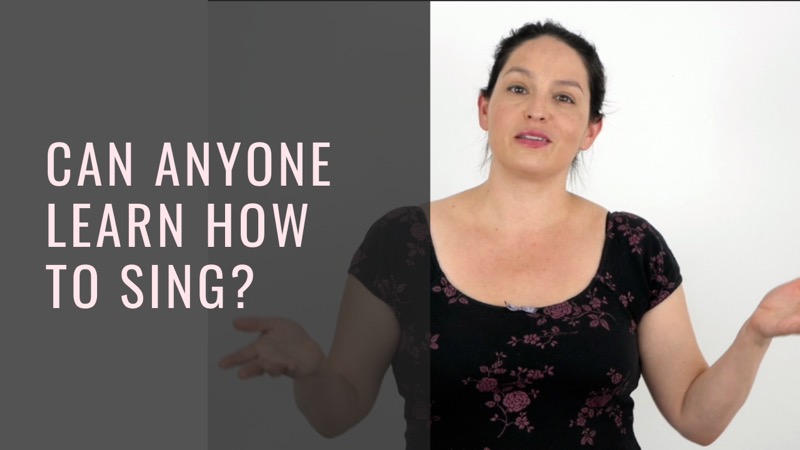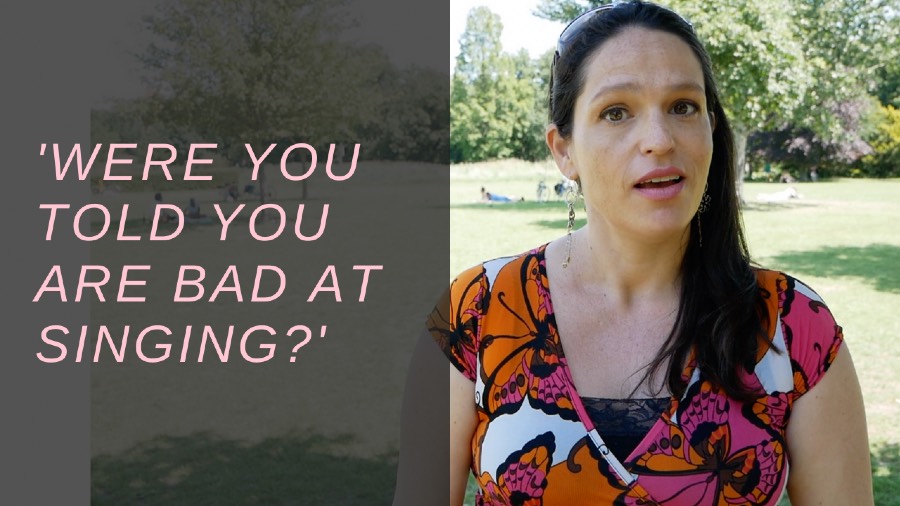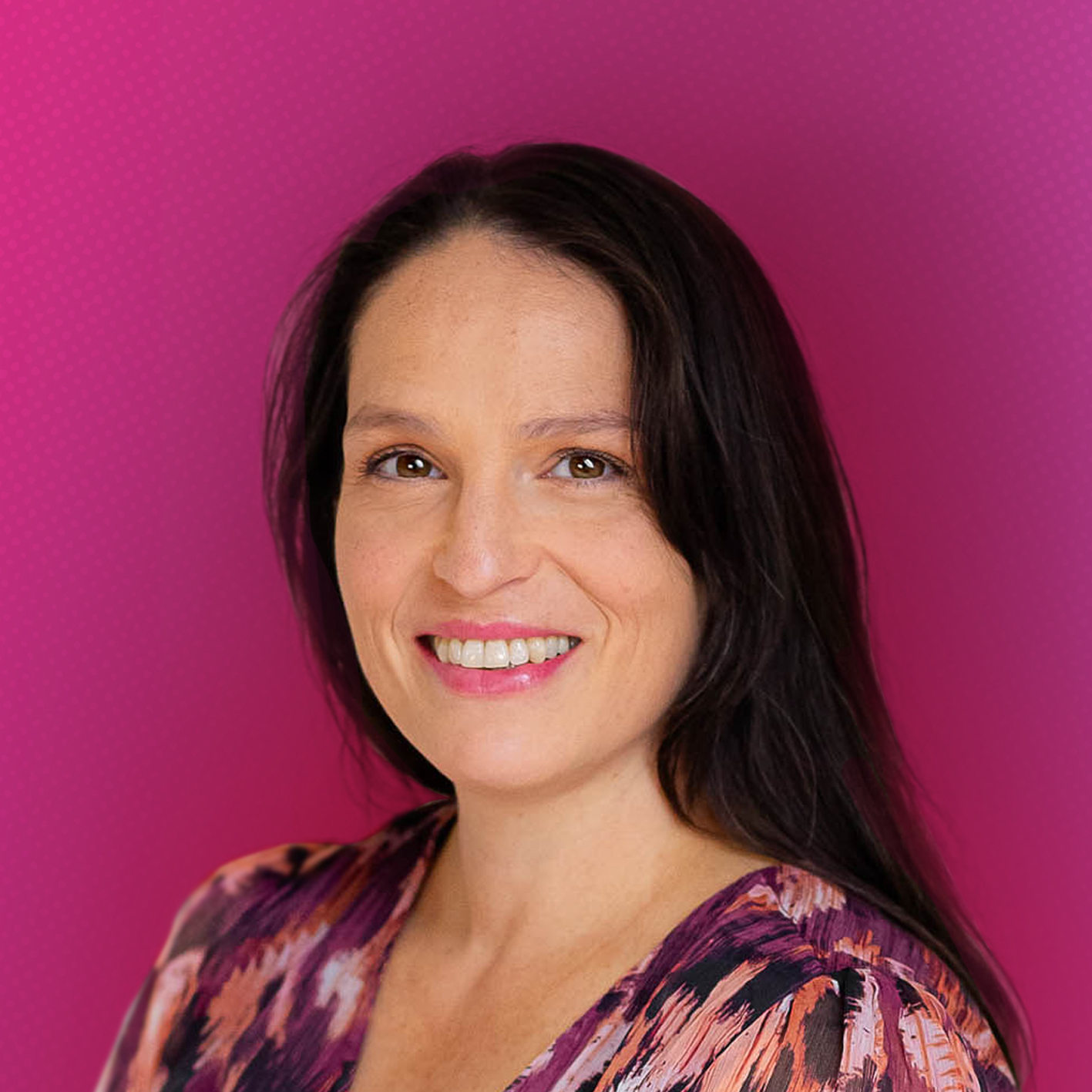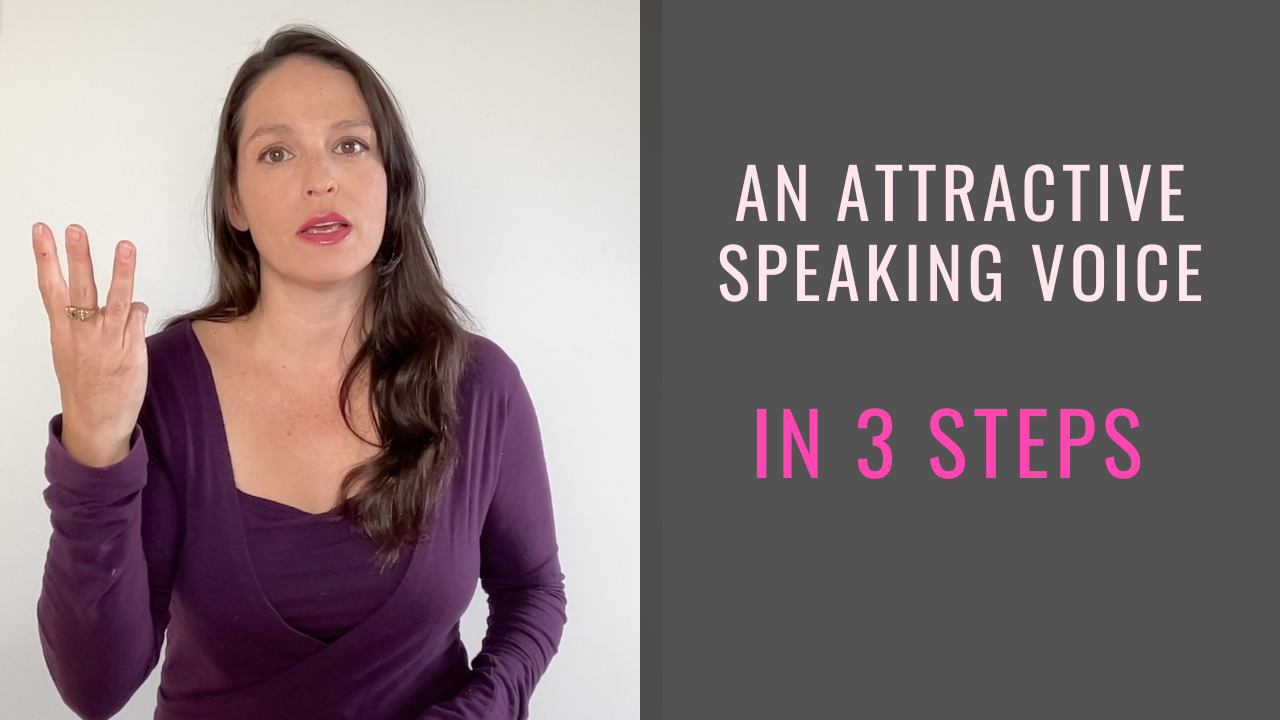
Getting confidence as a singer isn’t just about technique, it’s about how you feel when you open your mouth to perform. It's an integral part of learning how to sing, and alas, often overlooked. For many singers, self-doubt, stage fright, or the fear of being judged hold them back more than any vocal challenge.
The good news? Confidence can be trained just like your voice. In this guide, you’ll learn how to shift your mindset, overcome nerves, and step on stage with freedom and joy.
Overcoming self-doubt: “Am I bad at singing?”
So many singers carry the memory of being told, “You can’t sing.” Sometimes it’s a parent, a teacher, or even just friends teasing. At the time it might seem like a passing comment, but it can echo for years, shaping how we feel about our voices.
In my interviews with people at Frankendael Park in Amsterdam, I expected to find that negative comments always destroyed people’s confidence. To my surprise, many kept singing anyway — in cars, in choirs, or even just for themselves — despite being told they were “bad singers.” That gave me hope: maybe cruel words don’t always have to silence us.
But for many others, the damage runs deep. I’ve seen students break down in tears after a single lesson, simply because they dared to let their voices out again after years of silence. Some quit immediately because the fear and shame felt overwhelming. I’ve worked with students who nearly gave up lifelong dreams — like leading a band — because everyone around them had told them their singing wasn’t good enough.
These patterns often stretch across generations. Parents who were shamed by teachers as children sometimes pass that pain onto their own kids, without meaning to. And yet, when those parents rediscover singing later in life, they often realize the judgment was never true to begin with.
This brings us to the bigger question so many people carry: Can anyone learn to sing?
The truth is this: most people who believe they “can’t sing” are not untalented. They are untrained. And training can change everything. Singing is not only learnable, it’s one of the most joyful and therapeutic human experiences. Very few people are truly “tone deaf” — the vast majority simply never had the chance to train their pitch awareness or free their voice from tension. Once they do, they discover they are perfectly capable of singing in tune.
So the next time that old voice in your head says “I’m just not a singer”, remember: your voice is not broken. You simply haven’t given it the training and freedom it deserves.

Can anyone learn to sing?
So many people carry the memory of being told, “You can’t sing.” Sometimes it was a careless comment from a parent, a teacher, or

‘Why am I so bad at singing?’ – my manifesto
If you’ve ever asked yourself this question, you’re not alone. Many singers carry the sting of being labeled a “bad singer”. Sometimes from a
Confidence on stage
Stepping onto a stage for the first time can feel like stepping into a spotlight of judgment. Many beginning singers believe the audience expects perfection — flawless technique, zero mistakes, total control. But here’s the truth: even professional singers don’t perform perfectly. They make mistakes, miss notes, and sometimes even forget lyrics. What sets them apart isn’t the absence of mistakes — it’s the mindset that allows them to keep going, stay expressive, and give the audience a moving experience anyway.
If your starting point is “I must impress”, you will quickly run into trouble. Every slip will feel catastrophic, pulling you out of the flow and away from the music. But if your starting point is “I must express”, the whole experience shifts. Audiences don’t come to see a robot perform; they come to feel something. When they see you genuinely feeling joy, heartbreak, or excitement, they mirror those emotions. You don’t have to push or force them to react — they naturally will.
Lorna got more confidence in her singing - fast
“I went from being a timid singer who barely dared to make a sound, to someone who now sings a cappella with confidence. That shift happened so much faster than I ever imagined, and it’s completely changed how I feel about my voice.”
Lorna, amateur singer & songwriter
That doesn’t mean you should hold back. Quite the opposite: once you’re tapped into your own emotions, the goal is to let them flow freely. Singers like Celine Dion are powerful examples of this — extreme in expression, but never artificial. That’s the magic of performance: the courage to go all the way.
Of course, your mind doesn’t always cooperate. During a performance, the “nasty monkey” of self-criticism can pipe up: “That was wrong. You’re messing up.” Left unchecked, it will spiral and show on your face. That’s why you need a second voice, I call it a “mantra monkey”, to remind you of simple, helpful truths in the moment: “It’s okay, keep going.” or “Focus on expression.” These small mantras can anchor you when doubt tries to take over.
Another key realization is that what happens in your head isn’t always what the audience perceives. Your voice sounds different to you than to them. Your nerves feel intense inside your body, but they register only faintly to the audience. I’ve seen singers convinced their performance was shaky, while the audience thought it was full of emotion and beauty. Understanding this gap between perception and reality helps free you from the tyranny of self-judgment.
Ultimately, confidence on stage is not about being fearless or perfect — it’s about showing up fully. Even on days when you feel insecure or tired, sometimes your best performances will come when you stop caring about perfection and simply share the music.

Singing on stage: 7 ways to make your singing performances more fun
After reading this article you’ll know what your intention should be when singing on stage, and how to deal with negative thoughts popping up.
Get over stage fright
Stage fright is one of the biggest barriers singers face. For some, the fear begins early — even singing in front of family feels impossible. For others, it strikes before performances with racing heart, trembling hands, and the urge to run. I know it well: I once couldn’t make a sound if anyone was listening. Today, I perform professionally and love being on stage — proof that the fear can be transformed.
The first step is understanding what stage fright is: a fight-or-flight reflex. Your brain wrongly interprets being on stage as danger. Once you see this, the fear loses some of its grip.
The second step is reprogramming your thoughts in the moment. Instead of letting the “panic script” take over (I’ll fail, everyone will hate this), you replace it with a mantra: “It’s okay to be nervous — I can still perform.” Over time, these mantras retrain both body and mind to see performance as safe.
Practical tools help too: breathing with long exhales, distraction exercises, or simple movement to release tension. And because not everyone’s fear looks the same, you need a plan that matches your level — whether it’s fear of even making a sound or last-minute nerves before stepping out.

"
"Instead of letting the panic script take over (I’ll fail, everyone will hate this), you replace it with a mantra: “It’s okay to be nervous — I can still perform.” Over time, these mantras retrain both body and mind to see performance as safe."
The key is realizing you don’t have to get rid of nerves. The goal isn’t to be fearless, but to sing with the fear and even let it energize you. I’ve learned to ride the wave of adrenaline rather than fight it. At Paradiso in Amsterdam, performing with my choir, I was more nervous than ever. But by accepting the nerves, I was freer and more expressive on stage than I imagined.
Stage fright doesn’t vanish — but with the right mindset and practice, it becomes fuel for powerful performances instead of something that holds you back.

Singers: how to get over stage fright
Stage fright is one of the most common struggles singers face. I know it personally — there was a time when I couldn’t make
Preparing for a performance
When a performance is coming up, most singers panic about technique. But the truth is, in the last week before a show you won’t transform your voice. What you can transform is your mindset — and that makes all the difference on stage.
From a week out, close the technique book and open the performance one. Think of yourself and your song as a complete product. Your job is no longer to tweak vowels or chase high notes. It’s to practice being expressive, charismatic, and free in front of others. Performance exercises are the tool for this.
Performance exercises pull you out of self-criticism and into expression. Instead of thinking “I’m trying to sing this note right”, you imagine yourself in a scene or with a clear emotion — and suddenly your whole body delivers. My student Lizzy discovered this when she sang with a “Disneyland honeymoon face.” For the first time she got through a full verse without stopping to judge herself. Natalie, another student, spent two years “trying” to master her technique, until I had her imagine she was a seasoned pro with 40 years of stage experience. Overnight, she sang at a new level — and it stuck.
Why do these exercises work? Because they override doubt. You cannot afford to second-guess yourself mid-performance. By rehearsing with scenarios and images, you train your brain to believe: “I know how to do this.” The result is a performance that feels authentic, expressive, and convincing — even if the technique isn’t flawless.
On stage, audiences don’t want perfection. They want to be moved. Performance exercises give you the shortcut: the mindset and delivery that turn your songs into real experiences for your listeners.

How to prepare for a singing performance
How do you prepare for a singing performance? After reading this article you'll see how performance exercises for singing can have such an immediate
A healthy speaking voice
Your voice is not only for singing... if you use it daily in your work, you need the same health and confidence strategies. My below guide covers how to keep your speaking voice strong and reliable

Tips for a healthier and more attractive speaking voice
Are you a professional who uses your voice daily, in meetings, on stage, or with clients? You want your voice to carry authority, but
Podcast with frontman Vincent Janse
In this episode, I sat down with Vincent Janse, frontman of the rock band Vinnie’s Vice, to talk about the role of confidence and mindset in music. Our conversation revealed how often musicians, even experienced ones, get trapped in the feeling of “not being good enough.” Vincent shared how self-doubt and scattered practice held him back, until a mentor’s advice to focus on one simple exercise changed everything, unlocking freedom, joy, and real progress in his playing.
I also shared my own story of withdrawing from auditions for two years after realizing how much more my voice could grow. That choice, I later realized, was one of my biggest mistakes: no amount of practice can replace the growth that comes from stage experience.
Together, we explored how many musicians sabotage themselves by staying in “student mode,” waiting to feel perfect before daring to perform. The truth is, growth comes from performing with what you have now—and believing it’s more than enough. Negativity only wastes time, while confidence fuels momentum.
We also talked about the power of switching mentalities: offstage it’s healthy to keep learning, but onstage you must embrace the belief that you are already the artist your audience came to see. Confidence in performance doesn’t mean perfection, it means presence, authenticity, and self-acceptance.
At its core, this episode is about resilience, focus, and kindness toward yourself. Mindset isn’t just a nice extra, it’s the key that turns hard work into artistry.
About the author

I’m Linor Oren, founder of SingWell. I have an opera background and in the past I've performed on stage. I've taught hundreds of students how to find their authentic voice. What I’ve learned is that singing isn’t about being “born with it” — it’s about unlocking what’s already inside you with the right tools and guidance. My passion is helping singers at every level grow in confidence, technique, and joy, so they can sing with freedom and expression.
speaking about the mental game...
In my online course, I take you through all the steps of the mental journey you want to take.
Take your wish to sing seriously: get tools to become a better singer in your inbox
Eye-openers, tips and stories. Stop being a little mouse...
Frequently Asked Questions
How can I overcome stage fright as a singer?
Stage fright is normal — it’s your body’s fight-or-flight response. You don’t need to eliminate nerves, but learn to sing with them. Breathing exercises, mantras, and performance practice help you channel the adrenaline into energy instead of fear.
How do I build confidence in my singing voice?
Confidence comes from consistent practice, setting small wins, and performing regularly — even in safe, low-pressure settings. Recording yourself, working with a teacher, and focusing on expression instead of perfection also build lasting confidence.
What mindset should I have before going on stage?
Rather than aiming for perfection, focus on connection. Ask: What do I want the audience to feel? Enjoy the performance yourself, and the audience will mirror your emotions.
Can confidence really improve my singing technique?
Yes. A confident mindset reduces tension and second-guessing, which directly improves airflow and resonance. Performance exercises often unlock technical improvements because you stop overthinking and let the voice work naturally.
How should I prepare mentally for a performance?
In the week before a show, stop chasing technical fixes. Instead, run performance exercises that put you in expressive scenarios. Visualize success, rehearse with emotion, and treat yourself as the complete artist you already are.

